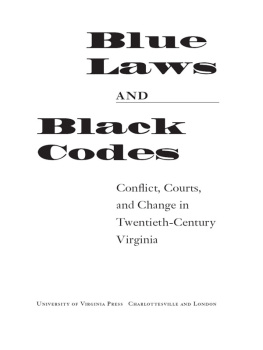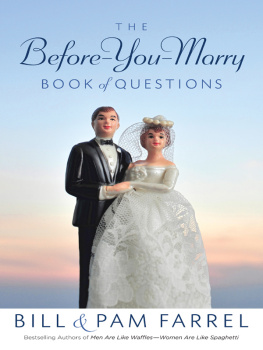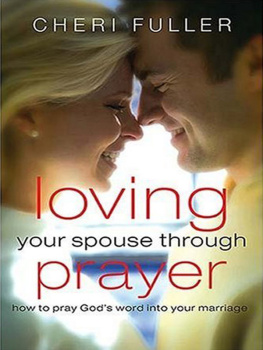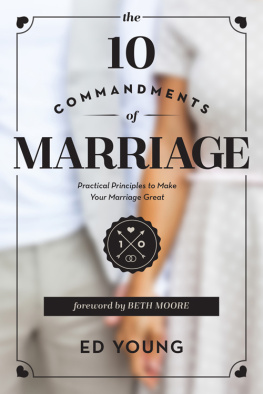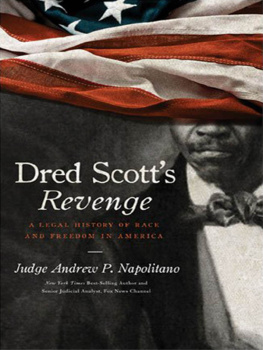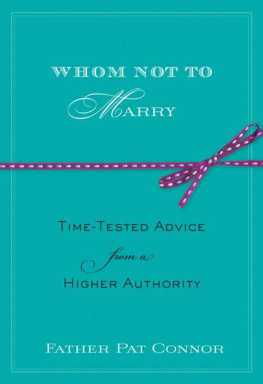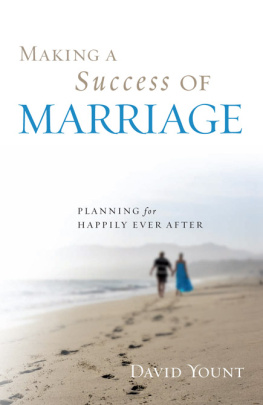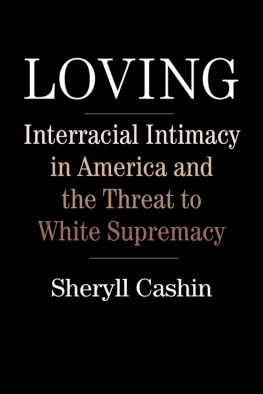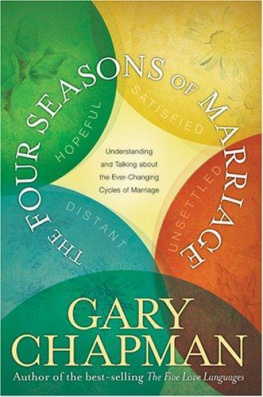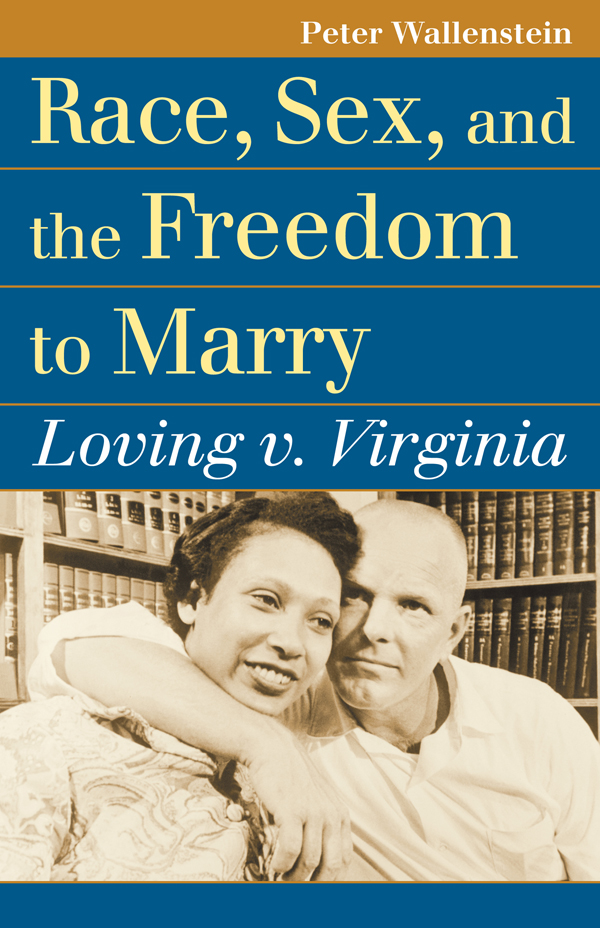Contents
Race, Sex, and the Freedom to Marry
LANDMARK LAW CASES & AMERICAN SOCIETY
Peter Charles Hoffer
N. E. H. Hull
Series Editors
RECENT TITLES IN THE SERIES
Prigg v. Pennsylvania, H. Robert Baker
The Detroit School Busing Case, Joyce A. Baugh
The Japanese American Cases, Roger Daniels
The Battle over School Prayer, Bruce J. Dierenfield
Judging the Boy Scouts of America, Richard J. Ellis
Fighting Foreclosure, John A. Fliter and Derek S. Hoff
Little Rock on Trial, Tony A. Freyer
One Man Out: Curt Flood versus Baseball, Robert M. Goldman
The Free Press Crisis of 1800, Peter Charles Hoffer
The Treason Trials of Aaron Burr, Peter Charles Hoffer
The Woman Who Dared to Vote: The Trial of Susan B. Anthony, N. E. H. Hull
Roe v. Wade: The Abortion Rights Controversy in American History, 2nd ed., revised and expanded, N. E. H. Hull and Peter Charles Hoffer
Plessy v. Ferguson: Race and Inequality in Jim Crow America, Williamjames Hull Hoffer
Gibbons v. Ogden: John Marshall, Steamboats, and the Commerce Clause, Herbert A. Johnson
The Tokyo RoseCase, Yasuhide Kawashima Gitlow v. New York, Marc Lendler
Fugitive Slave on Trial: The Anthony Burns Case and Abolitionist Outrage, Earl M. Maltz
The Snail Darter Case, Kenneth M. Murchison
Capital Punishment on Trial, David M. Oshinsky
The Michigan Affirmative Action Cases, Barbara A. Perry
The Supreme Court and Tribal Gaming, Ralph A. Rossum
Obscenity Rules: Roth v. United States and the Long Struggle over Sexual Expression, Whitney Strub
Mendez v. Westminster, Philippa Strum
The Sleepy Lagoon Murder Case, Mark A. Weitz
The Miracle Case, Laura Wittern-Keller and Raymond J. Haberski Jr.
Bush v. Gore: Exposing the Hidden Crisis in American Democracy, abridged and updated, Charles L. Zelden
For a complete list of titles in the series go to www.kansaspress.ku.edu
PETER WALLENSTEIN
Race, Sex, and the
Freedom to Marry
Loving v. Virginia
UNIVERSITY PRESS OF KANSAS

2014 by the University Press of Kansas
All rights reserved
Published by the University Press of Kansas (Lawrence, Kansas 66045), which was organized by the Kansas Board of Regents and is operated and funded by Emporia State University, Fort Hays State University, Kansas State University, Pittsburg State University, the University of Kansas, and Wichita State University
Library of Congress Cataloging-in-Publication Data
Wallenstein, Peter, author.
Race, sex, and the freedom to marry : Loving v. Virginia / Peter Wallenstein.
pages cm
Includes index.
ISBN 978-0-7006-1999-3 (hardback)ISBN 978-0-7006-2000-5 (paper)
ISBN 978-0-7006-2048-7 (ebook)
1. Loving, Richard PerryTrials, litigation, etc.
2. Loving, Mildred JeterTrials, litigation, etc.
3. Interracial marriageLaw and legislationVirginia I. Title.
KF224.L68.W35 2014
346.730163dc23
2014019707
British Library Cataloguing-in-Publication Data is available.
Printed in the United States of America
10987654321
The paper used in this publication is recycled and contains 30 percent postconsumer waste.
It is acid free and meets the minimum requirements of the American National Standard for
Permanence of Paper for Printed Library Materials z39.48-1992.
CONTENTS
EDITORS PREFACE
The laws at issue in some landmark law cases seemed at the time like Ayers Rock in the Australian outbackdominating a landscape, so solid and immovable that one could hardly conceive of the landscape without them. But the passage of time leaves such landscapes behind; one can barely make out the outcropping in the distance. Such a case arose out of the miscegenation laws of the American South. For many decades before 1967, no southern state would recognize a mixed marriage of a person of color and a white person. Virginias own law was a nineteenth century contrivance to prevent race mixing enacted at time when legislators believed that the bloodlines of the white race would be corrupted by intermingling with other races. The US Supreme Court accepted this position, and would not hear of it changing, until Richard Loving, a white man, and Mildred Jeter, part African American, part Native American, brought a suit to validate their Washington, DC, marriage in the eyes of Virginia law.
Peter Wallenstein has brought their story to life. That story is not just a Supreme Court case ending bans on mixed marriage, but a richly and deeply conceived story of a placeCaroline County, Virginiaand the people who lived in it from its settlement, through the Civil War, into the Jim Crow era and beyond. Wallensteins account is not one sided, although his views are clear enough. With his empathetic portraits of the people, their land, and the changing society of rural Virginia, he enables the reader to follow the Virginia story from slavery to freedom, and from mere freedom to equality. For example, Leon Bazile, the Virginia judge who denied their petitions, was as much a part of that landscape as the couple. There are many other, similarly compelling portraits in this stirring tale.
Seamlessly interwoven into these personal stories is the larger narrative of race in American history, the case here serving as a microcosm of changing attitudes toward race. Indeed, 1967, when the Supreme Court decision came down, was a moment in time so full of history that one almost cannot comprehend today how much was at stake in the Lovings suit. By locating the Loving case in the long arc of the story of race, Wallenstein reminds all of us just how much depended on the arguments of two young lawyers and the open-mindedness of nine old men.
Wallenstein knows the places and the people first-hand. The result is legal history from the heart as well as the head, a book on the case like no other.
PROLOGUE: ANNIES PETITION, 1808
Beginning in early 1808, a drama played out in Virginia, as Annie Gray and seven other people held as slaves in Caroline County sued for the recovery of their freedom. The people being held in slavery included Annies children and grandchildren: Dick, Peter, Moses, Sam, Phobe, Esther, and Phillis. Much was at stakesome peoples freedom, someone elses property. The outcome hinged on events in colonial Virginia from some fifty years before, in the 1750s and 1760s, well before the American Revolution, around the time of the French and Indian War. Thomas Wyatt had purchased a young woman named Molly from the estate of Thomas Conner, and her social and legal identity back then was crucial to her daughter Annies case many years later. Some white people who had material knowledge were unable from age and infirmity to come to Caroline. So they gave their testimony in depositions, taken not just in next-door Spotsylvania County but also some 150 miles to the west, in Lynchburg. The process unfolded slowly, as depositions and deliberations continued into 1809 and then on until late 1810.
As someone held in slavery in early national Virginia, Annie Gray had one legal rightto sue for her freedom. Or as the Virginia Supreme Court of Appeals phrased it: Persons in the status of slavery have no civil rights, save that of suing for freedom when entitled to it. A 1795 Virginia law spelled out the procedure. On presentation of a petition for recovery of freedom, the court assigned the person an attorney, who must investigate and make an exact statement to the court of the circumstances of the case, with his opinion thereupon. If persuaded that the case should go forward, the court summoned the possessor to answer the complaint.


